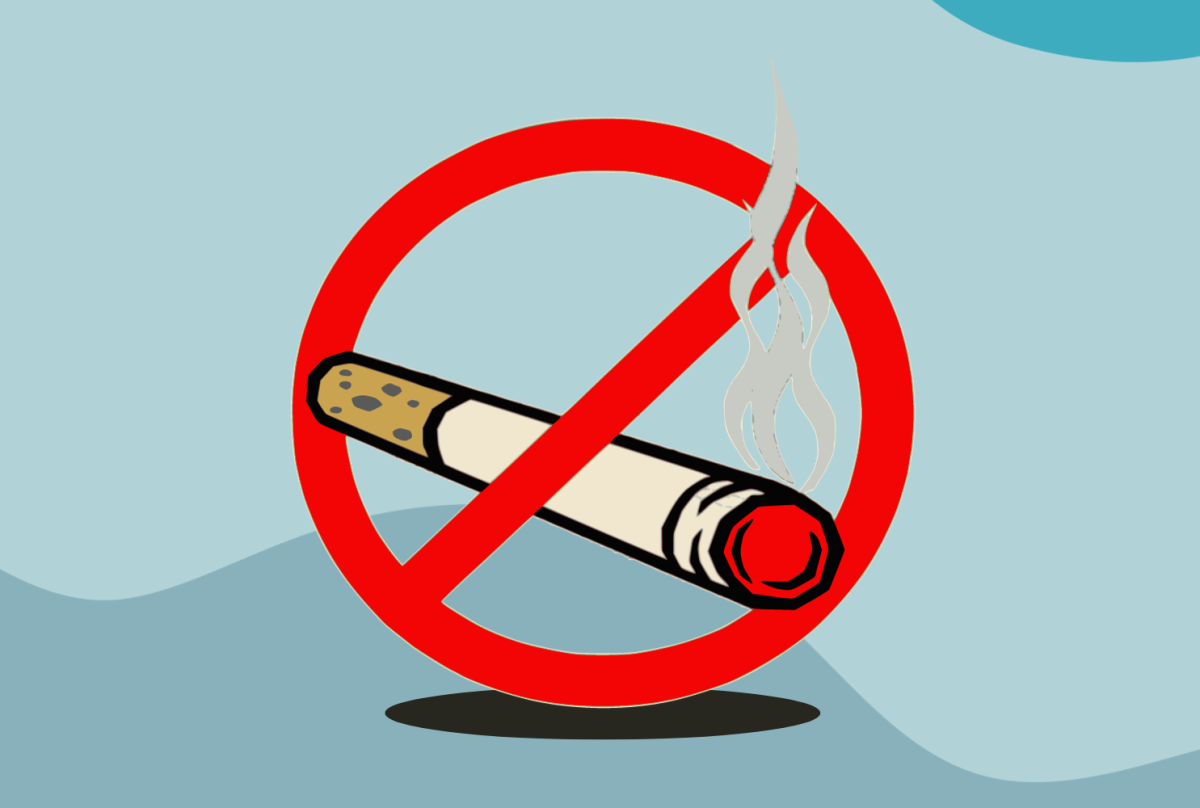Prime Minister Rishi Sunak announced plans Oct. 4 to phase out cigarette smoking for the next generation, according to the BBC. If Members of Parliament pass the measure, the legal smoking age will be increased by one year annually starting in 2026.
While enforcing such a ban may prove challenging, the gradual elimination of smoking is critical to ensure improved public health and relieve stress on the National Health Service in the long run.
It is common knowledge that smoking is associated with adverse health consequences. For instance, according to the Center for Disease Control and Prevention, smoking increases the risk of obtaining life-threatening conditions such as cancer, heart disease and diabetes.
A staggering 76,000 people die every year from smoking-related illnesses in the U.K., according to the NHS. That is an unacceptable number of premature deaths – people who, if not for their access to cigarettes, could have lived full and healthy lives.
Moreover, the large number of patients who are admitted to hospitals for smoking-related issues puts unnecessary strain on the NHS. Treating patients afflicted with smoking-related illnesses costs the NHS an eye-watering £2.6 billion each year.
According to a survey done by research agency Ipsos, 83% of British people agree that the NHS is overstretched. The majority of respondents also stated that they expect conditions to worsen in the future. The pessimism conveyed by people underscores a crucial call to action: we must act now and press forward initiatives that aim to alleviate the strain on our healthcare system.
Thus, amid widespread public dissatisfaction with the NHS, a smoking ban is an ideal remedy. The ban will eventually relieve one of the key sources of burden for the health service by ensuring the reduction of smoking-related illnesses and deaths.
Smoking is the leading cause of preventable death, according to the UK Government. Sunak’s plan aims to achieve a logical and attainable goal: preventing a massive number of avoidable loss of life.
It is the government’s duty to ensure the health and well-being of citizens. Thus, this plan, which will diminish the number of people who have access to cigarettes, must be passed in the interest of public health.
According to Action on Smoking and Health, more than 200,000 children in the U.K. start smoking each year and two-thirds of adult smokers said they started smoking before turning 18. Considering how addictive and deadly nicotine is, that number is far too high. This ban will result in children being exposed to fewer cigarettes, therefore reducing the possibility of nicotine addiction
Additionally, the complete ban on cigarette sales would make the legal implications of adolescent smoking much greater. This would no doubt dissuade many underage citizens from trying to smoke, significantly reducing adolescent smoking rates.
Although phasing out smoking may seem too simple of a solution for such a complex issue, data has proved that increasing the legal age will have far-reaching effects on the number of smokers in the U.K.
For example, in October 2007, Britain increased the legal age of purchasing tobacco from 16 to 18 years old. Subsequently, a study done by researchers at Imperial College London found that the change led to a notable decline in smoking levels among the youth population in England.
If a simple two-year increase in the legal smoking age had such a profound impact, we can assume that yearly increases leading to an eventual ban will have even greater success in reducing the number of young smokers.
Smoking is a highly destructive habit that burdens not only our individual health, but also places added pressure on the NHS. Once Sunak’s plans are proposed in Parliament, it is imperative that lawmakers vote in favor of them to ensure the health and wellness of all U.K. citizens. As a community, we must also come together to contact their local MPs and support the phase-out to prevent millions of deaths and ensure a smoke-free future for generations to come.











